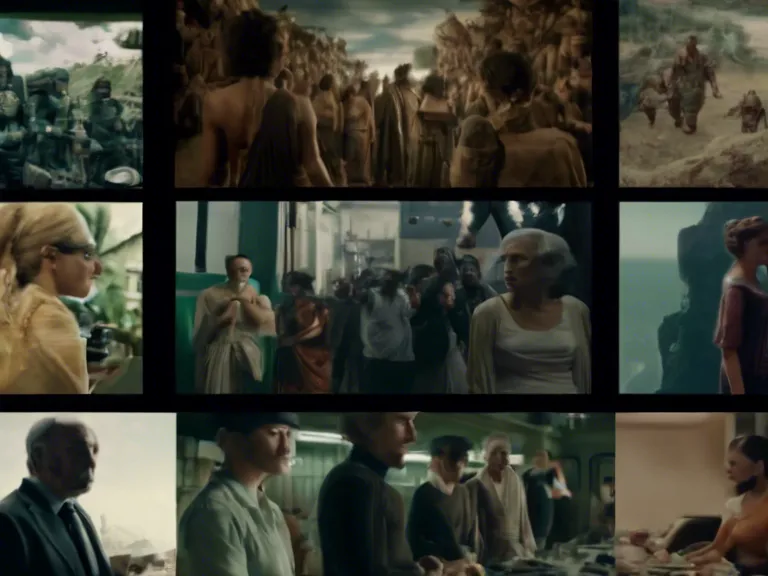
In the world of cinema, filmmakers often use their platform to explore and reflect societal values and their evolution over time. Through various genres and storytelling techniques, movies have the power to shed light on societal norms, beliefs, and attitudes, as well as challenge them. From classic films to contemporary blockbusters, the cinematic exploration of societal values is a rich and complex field that continues to provoke thought and spark important conversations.
One way in which filmmakers delve into societal values is by depicting the relationships between individuals and communities. Whether through tales of love and friendship or conflicts arising from moral dilemmas, movies can provide a window into the ways in which people navigate their social environments. By portraying diverse characters and their interactions, films can prompt viewers to consider their own perspectives and biases, encouraging empathy and understanding.
Furthermore, movies can also serve as a reflection of cultural and political ideologies. From historical epics that showcase different eras and civilizations to dystopian dramas that imagine alternative futures, cinema has the capacity to engage with complex issues and realities. By exploring themes such as power, justice, and identity, filmmakers can challenge viewers to question existing structures and systems, as well as envision new possibilities for social change.
Ultimately, the cinematic exploration of societal values is a dynamic and multifaceted process that encompasses a wide range of themes and narratives. By engaging with films that tackle issues of race, gender, class, and more, audiences can gain valuable insights into the complexities of the human experience and the societies in which we live. As filmmakers continue to push boundaries and experiment with storytelling techniques, the potential for cinema to provoke meaningful discussions and catalyze social transformation remains as strong as ever.



